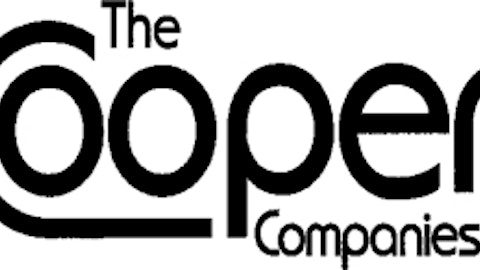The ongoing convergence of the tech and health care industries has yielded some remarkable advances in telehealth, electronic health records, or EHRs, and mobile apps. Yet several companies are going even further by creating “smart pills” — medications that are synchronized to mobile devices after they are ingested.
This idea of edible technology has crossed over from sci-fi to reality to address the troubling fact that over half of all drugs worldwide are prescribed, dispensed, or sold inappropriately, according to the World Health Organization.
The smart pill
Last July, the Food and Drug Administration approved Proteus Digital Health’s ingestible biosensor and its companion patch as the world’s first “smart pill” system, Helius. The pill is embedded with a tiny sensor made from silicon and natural ingredients.
After the pill is swallowed, it uses stomach fluid as a power source to broadcast signals back to its battery-powered companion patch. The data includes vital information such as the time of ingestion, the patient’s heart rate, body temperature, and other activities. That data is then sent to a smartphone app used by physicians to better gauge a patient’s current condition.
Source: Mobihealthnews.com
Prior to FDA approval, Helius was tested for the treatment of mental health, heart conditions, hypertension, and diabetes, according to Proteus CEO Andrew Thompson.
A trio of major backers
Proteus Digital Health has some major investors, including pharma giant Novartis AG (ADR) (NYSE:NVS), medical device bellwether Medtronic, Inc. (NYSE:MDT), and tech giant Oracle Corporation (NYSE:ORCL).
In 2010, Novartis AG (ADR) (NYSE:NVS) invested $24 million in Proteus to license its sensor technology worldwide. Novartis also gained rights related to Proteus’ upcoming oncology, cardiovascular, and clinical development applications for the smart pill system. Novartis AG (ADR) (NYSE:NVS) has used the smart pill technology on a 20-patient study to track the use of its blood pressure drug, Diovan. According to Novartis AG (ADR) (NYSE:NVS), the use of Proteus’ technology improved drug regimen compliance from 30% to 80% after six months. This higher compliance rate could not only increase the quality of care for patients, but also boost Novartis AG (ADR) (NYSE:NVS)’s revenue through higher sales of its drugs.
Medtronic, Inc. (NYSE:MDT)’s interest in Proteus also suggests a strong link between smart pills and telehealth devices. Medtronic, Inc. (NYSE:MDT) currently produces pacemakers that can be monitored remotely via its CareLink Network. It also recently acquired remote monitoring device company Cardiocom to expand its telehealth business. For Medtronic, Inc. (NYSE:MDT), investing in smart pills and remote monitoring solutions is a sound way to diversify from its core business of medical devices, which may suffer from upcoming Medicare cuts.





